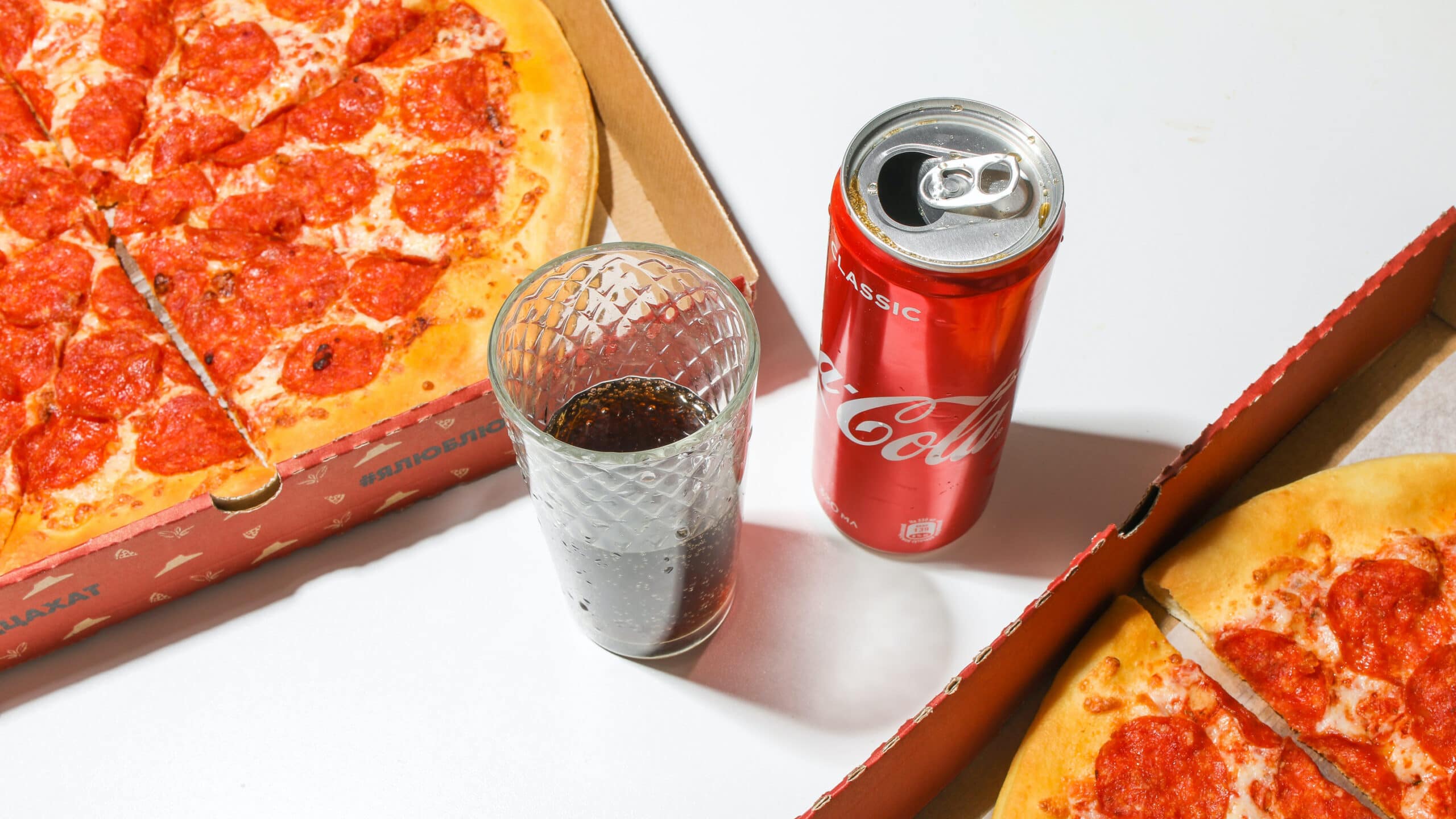
There’s a common misconception that not eating cow’s dairy contributes to calcium deficiency. The dairy industry has conditioned the public to believe that milk and dairy products are a good source for calcium. This is a myth.
Yes, dairy is calcium-rich; however, eating too much of it can actually deplete your calcium levels and contribute to a number of health issues. Calcium is a mineral found in abundance in plant-based foods due to the soil it’s grown in. This is how grazing animals get their calcium; they eat calcium-rich plants. In this article, we’ll be exploring the role of calcium in the body and the real cause of calcium deficiency. You’ll learn how vitamin D affects calcium and ways to reduce calcium loss.
What does Calcium do in the body?
Calcium is the most abundant mineral in the body and it makes up 1.5 – 2% of body weight and 39% of the body’s minerals. The majority of calcium is contained in bones and teeth; however, the body uses calcium for a number of functions.
Calcium helps to:
- Develop, grow and maintain healthy bones and teeth. Along with vitamin D, calcium prevents bone density loss.
- Regulate muscle contraction. Calcium works in tandem with magnesium to relax and contract muscles.
- Assist with blood clotting to stop excessive bleeding.
- Maintain blood pressure and heart rhythm. Calcium assists with contraction of the heart muscle and enables it to function properly.
- Facilitate nerve signalling so cells can communicate with each other.
The body’s requirement for calcium varies considerably through the life cycle. Children require more as their bones grow and develop. Women need extra calcium during pregnancy, lactation, and post-menopause to preserve bone mass.
What causes calcium deficiency?
Like with any deficiency in the body, understanding the root cause and why the body is reacting in this way is essential. The cause is often multifactorial. In the case of calcium deficiency, many people believe it’s due to not eating sufficient calcium (through dairy), but this is not the case.

Here are some common causes of calcium deficiency:
An acidic diet that is high in meat, fish, dairy, sugar, refined carbohydrates (pasta, pizza, bread, cakes, biscuits), fried foods and grains. There is much research to suggest that acidity in the body can lead to bone mineral loss and calcium being drawn from the bones to buffer the acidity. 1
Excessive protein and salt in the diet can trigger the kidneys to excrete calcium.
- Coffee and caffeinated drinks decrease the absorption of calcium.
- Fizzy drinks as they contain phosphoric acid which is used to enhance flavour, making the drink taste tangy. Phosphoric acid not only increases the acid load, it’s also linked to bone density loss as it interferes with calcium absorption.
- Low calcium intake in the growing years limits the bones’ ability to reach their optimal mass and density. Having dense bones is the best way to protect against age-related bone loss.
- Alcohol, when drunk excessively, can disrupt the balance of calcium in the body and deplete vitamin D levels.
- Gastrointestinal dysfunction and some medications can also reduce calcium absorption.
1 https://link.springer.com/article/10.1007/s12291-015-0524-y

The role of Vitamin D in bone health
Approximately 30% of calcium ingested is absorbed by the body. Vitamin D is an essential vitamin for calcium metabolism; it increases calcium absorption through the intestines. Prolonged vitamin D deficiency can lead to bone mineral density loss and weaker bones. Those at greatest risk of vitamin D deficiency are the elderly, pregnant and breastfeeding women, teenagers and those with limited sun exposure.
The skin makes vitamin D when it’s exposed to sunlight; however, the amount produced depends on various factors including the time of day, latitude, the season, skin pigmentation and sunscreen. In winter months, we make less vitamin D as the body’s exposure to sunlight is decreased. Those living in countries with prolonged winters such as the UK are likely to have lower vitamin D levels than those in sunnier countries like Australia.
We can get vitamin D from foods such as mackerel, salmon, egg yolks and sun-exposed mushrooms; however, we cannot obtain sufficient vitamin D from food alone.
Supplementation of vitamin D is required when blood vitamin D levels are too low. Before taking any supplements, we recommend getting a blood test and consulting with your healthcare practitioner regarding the appropriate dose.
How to avoid calcium deficiency
Eat a whole food, balanced diet including plant-based calcium-rich foods:
- Dark green leafy and cruciferous vegetables including kale, cress, collard green, broccoli, Chinese cabbage, cauliflower and Brussel sprouts
- Almonds, hazelnuts and sesame seeds
- Beans (red and white), chickpeas and lentils
- Dried figs
- Alkalise your diet by increasing vegetable intake. Eat alkalising foods like leafy greens, cucumber, avocado, lemon, celery, seaweed, chia seeds, apples and kiwi fruit. Drink fresh lemon in warm water first thing in the morning.
- Avoid acidic foods, alcohol and caffeinated drinks for the reasons mentioned above.
- Resistant exercise and physical movement such as hiking, dance and pulling weights helps stimulate bone growth and increases intestinal absorption of calcium.
Healthy eating habits are key
Diet plays a big role in calcium metabolism. Poor dietary habits can decrease calcium absorption and lead to bone mineral density loss. Eating too many acidic foods (including dairy) and drinking carbonated and caffeinated beverages can increase acid load and leach calcium from bones. Prevent calcium loss by alkalising the diet, ensuring vitamin D levels are optimum and doing regular exercise to improve calcium absorption.





